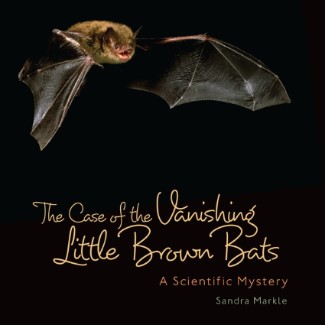
Elements of Excellent Science Books
By Carol Hinz, Editorial Director of Millbrook Press I want to talk a little about what makes an excellent science book for children. I could probably say even more on the subject, but I’d like to at least put some ideas out there. A key point of reference is Melissa Stewart’s December 2015 blog post […]Read more "Elements of Excellent Science Books"